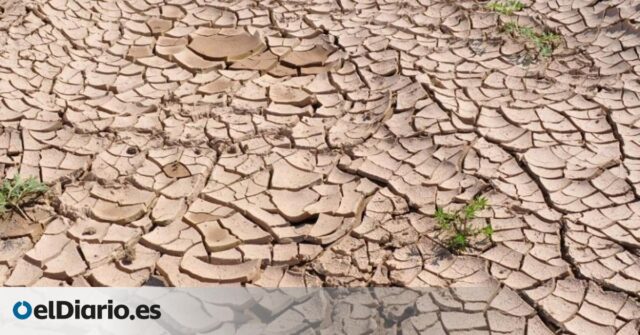At a time when the European green agenda threatens the economic interests and the growth of extreme law, which creates the effect of resistance against environmental policy, the European Commission published an overview of the implementation of these politicians. One of the main conclusions is that there is a huge investment gap, and, in the case of Spain, it is above average in European. In particular, 10,800 million euros per year are absent to achieve environmental goals.
In percentage terms, additional investments in 0.81% of GDP will be required, compared with 0.77% in the EU Assembly. Brussels also expects that the costs of violation of its environmental legislation and, therefore, damage for air pollution, water and nature degradation are 180,000 million euros per year, which is about 1% of the set of wealth. “The application of environmental norms can reduce these costs and at the same time guarantee equal conditions for companies throughout the EU market,” the statement said.
The paradox is given that, launching these warnings, the European commission takes steps back in green politics. On the same Monday, he opened a public consultation for considering CO2 emissions. The mitigation of this regulation is another example of a threat that is loosened in environmental policy. Last week, the community government raised the so -called “carbon loans” with which it intends that the member states and their industries can finance projects in third countries in exchange for continuing pollution.
In the case of Spain, in the report of the European Commission, advances on the green agenda are emphasized, although it continues to suspend issues such as processing. More than half of the municipal garbage was left without processing, violating the target set by 2020. And now he risks continuing to violate the obligations achieved. That is why in Brussels they ask for additional “efforts”.
It also applies to the existence of illegal landfills, which are one of the battles that Brussels fought with Spain, which has open processes in the EU court, which adds to the sentences of the past.
“As for natural capital, the main problem is the adoption of specific goals and conservation measures for each place, as well as the appointment of sufficient resources for managing the network of protected areas Natura 2000. Spain can additionally benefit from its very valuable natural capital to promote environmental growth and create employment,” the report said.
One of the main problems of the upcoming ones is associated with the management of water resources. “Despite the achievements achieved in water resources management, there are still many problems, especially in the regions of water resources, the rehabilitation of water masses and water efficiency,” the report says that “many city agglomerations that do not yet correspond to the city wastewater processing directive, and Spain continues to pay for finances in 2018.”
“Wider investments in infrastructure in many areas are necessary,” concludes a European commission that recommends improving the continuity of the river and environmental flows, guaranteeing periodic reviews of permits for spills, captures and other water use, in addition to the fight against water pollution with heavy metals, since it is the fifth country of this type of energy, chemical, revival and effort.









